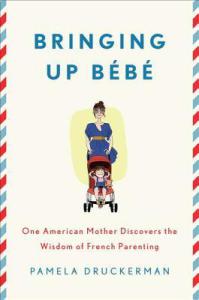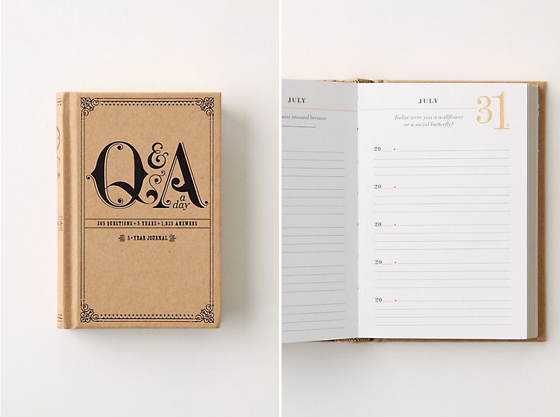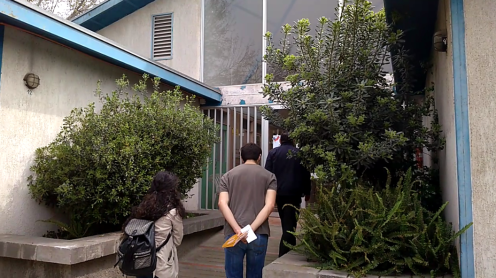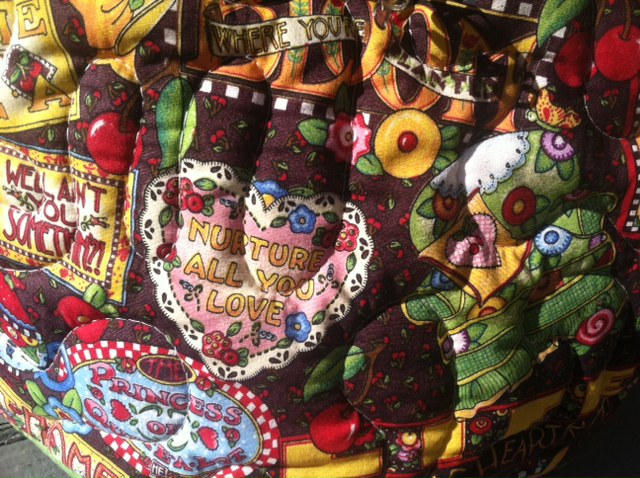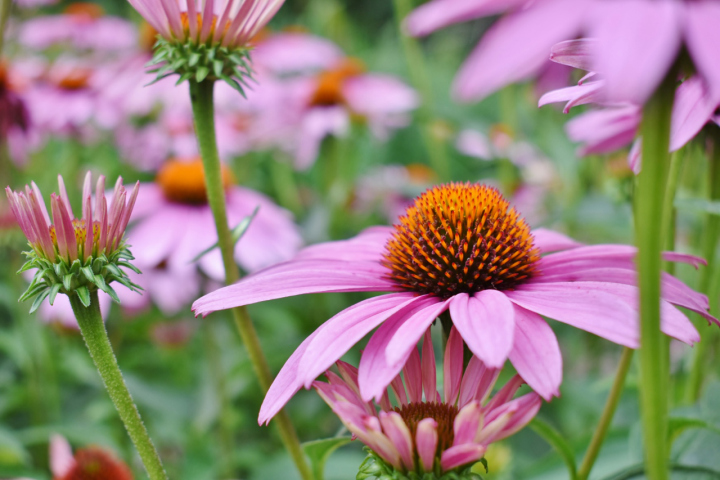The Blue between Sky and Water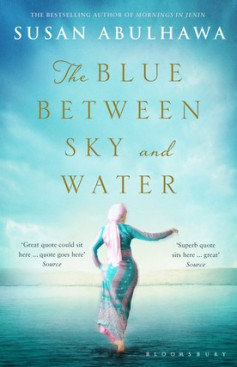
Type: Novel
Author: Susan Abulhawa
Date: 2015
Place: Palestine, Gaza
Pages: 288
English Translation: Original in English
O find me
I’ll be in that blue
Between sky and water
Where all the time is now
And we are the forever
Flowing like a river
-Mariam
I used to believe that a novel can only qualify as “Arabic literature” if it was written in the Arabic language. However I am slowly realising my mistake. The world of Arabic novels, written by Arabic authors or by people with Arabic backgrounds is impressive. Extend this to include Arabic literature written in foreign languages such as French or English and you end up with a staggering amount of books. Being written in another language does not disqualify a story from being Arabic- in fact it extends its range, offers a different point of view and a narration with a uniquely different style. This is what Susan Abulhawa’s new novel- The Blue between Sky and Water- has taught me.
The first part of the story begins before the war of 1948 which saw the Palestinian community dispersed and their lands taken by force. It follows an atypical family in a typical Palestinian village. Atypical owning to the mothers bizarre tendencies, a fiery elder daughter, a younger daughter with 2 colour mismatched eyes who can see the unseen and a middle brother who seems to be the only fairly normal member. The author describes in a heartwarming manner the life pre-1948, and the heart-breaking events which occurred when the zionists invaded; events which were replicated in villages and cities throughout Palestine. After the 1948 war the family find themselves refugees in Gaza with the brother eventually immigrating to the United States. The second part then begins narrating primarily the story of the grandchildren and follows the chain of generations connecting the great-grandmother all the way to the newest 5th generation member and the ties which bind and unite them.
Susan does a great job weaving a tale between past and present, between dreams and reality, between the surreal and the real. We find out eventually that the youngest daughters imaginary friend was her great-grand nephew from the future who saw her during his dreams. Each chapter is also introduced by an enigmatic character who then slowly appears in the story tying the events from the past to the future. The novel does have a certain Arabic flair and characteristic style of story-telling; the intrigue of prophecy, the deliverance found from hope and the conviction of forging your destiny but believing in you fate.
As I said the novel is both heart-warming and heart-breaking. It shines in describing the horrific situation endured by the Gaza population living a crushing siege for daring to fight back a vastly more powerful army supported by the richest country in the world. It also gives insight into the challenges women face in a patriarchal society and how they form an important pillar to the Palestinian struggle by stepping up to take control when someone is imprisoned, killed or suffers a mishap.
My only reservation is that I found some scenes slightly exaggerated. However that doesn’t hide the emotions and the feelings behind why the author chose to document them.
I strongly recommend this story for anyone wanting to understand the Palestinian mentality of resistance, particularly in Gaza. It captures very well why Palestinians are attached to their lands and what bind them to it despite the passage of decades and generations. If you want to see beyond the stereotypes of mainstream media and orientalist thinking, or if you just want to read a story which transcends time then pick up the newest book written Susan Abulhawa
Of everything that disappeared, Kinder Eggs are what I missed most
Khaled on the siege on Gaza
But maybe you can believe, as I do, that there are truths that defy others truths, where time folds on itself
Khaled
They uprooted indigenous songs, and planted lies in the ground to grow a new story
Khaled on jewish settlements
Stories matter. We are composed of our stories. The human heart is made of the words we put in it. If someone ever says mean things to you, don’t let those words go into your heart, and be careful not to put mean words in other people’s hearts
Mamdouh to his granddaughter Nur
Advertisements Share this:
